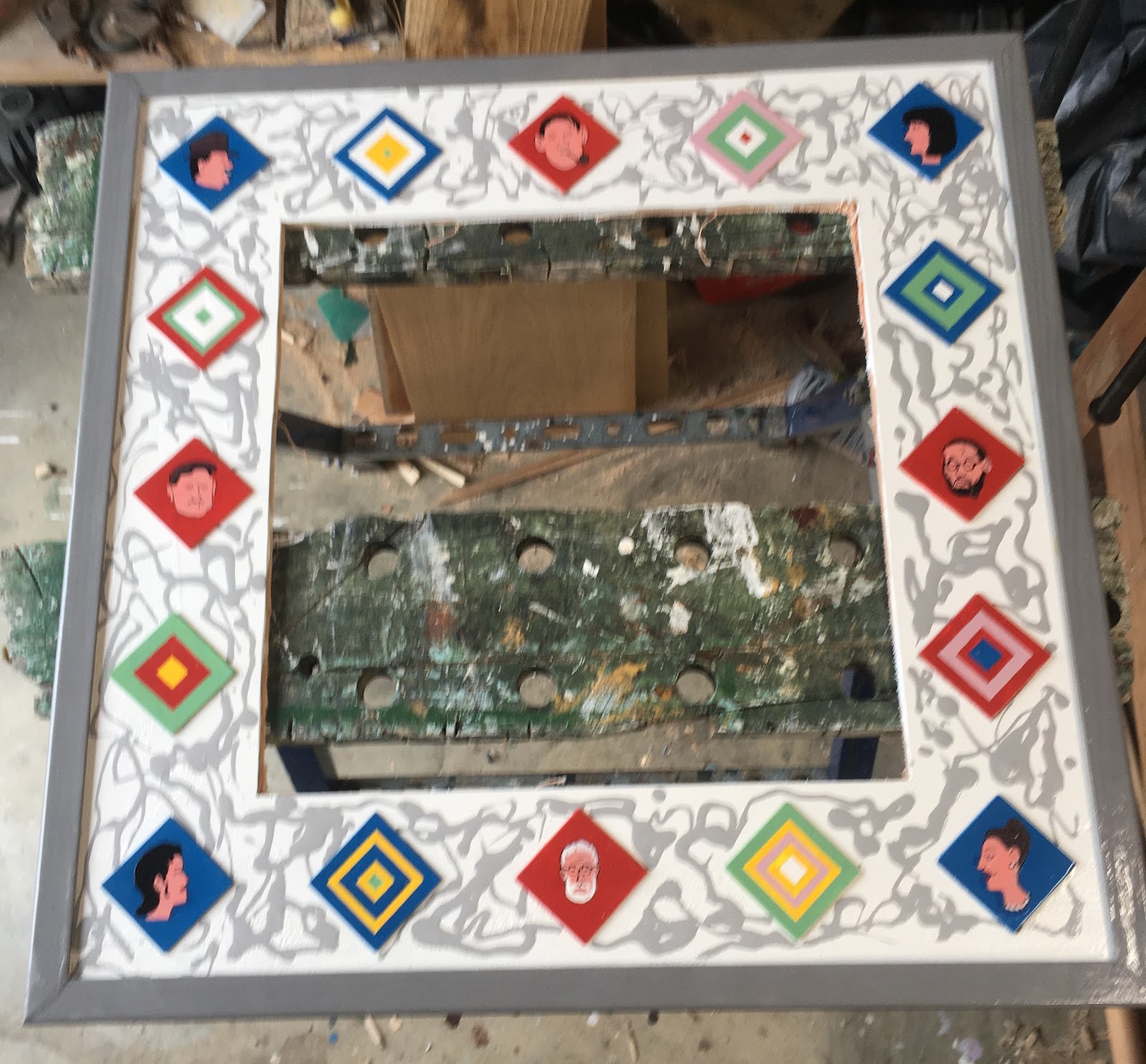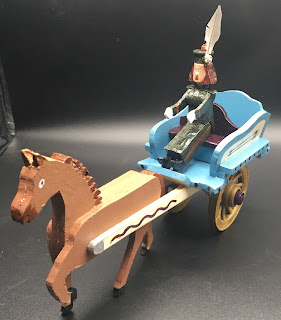Sunday, 30 July 2023
A Manifesto
To me the most important destiny of a poem is to be remembered, even if only one line sticks in the memory. I carry each line I remember like refreshment, like a talisman, like a sugar rush. Here are some that pop up in my mind when I’m walking, weeding, or just watching the clouds:
In a while they rose and went out aimlessly riding
This was a week in February that was of rain
Miles of pram in the wind and Pam in the gorse track
In the house of odd cups it is time for supper
Christ’s body smelt of Goddard’s silver dip
Even greater satisfaction, entertainment, sustenance, encouragement – I’m not sure how to describe it – comes from whole poems I remember, or from which I remember long passages. ‘Ulysses’ is one. ‘If’ is another. ‘Claire de Lune’ and ‘Le Vierge, le vivace, et le bel aujourd’hui’ are others. These poems appeal to the sense not only because of their piquant imagery but because they flow nicely. To paraphrase le Corbusier’s definition of a house, a poem is a machine for capturing and displaying a feeling. A machine that should be well oiled. A poem should also be a kind of catacomb a reader can get lost in, or a playground with swings and slides.
I don’t know where I am with exploded poems, where lines or bits of lines are set left and right with white space between. I don’t know how to read them aloud and therefore memorise them. I’m not even sure how to read poems with extra spaces between words in a line, whether those are meant as pauses, and if so, are they different pauses from the ones created by line breaks? (I use line breaks as pauses, however slight.)
I have happily done readings but I am NOT a performance poet.
My favourite poets are Chaucer, Donne, Keats, Laforgue, Eliot, Frost, cummings, Empson, Plath, Williams, Wallace Stevens, W S Graham, and Mark Halliday. A lot of my poems are clear imitations of one of the above, and of others such as Charles Causley, Stevie Smith, and Ogden Nash.
And jusy for the record, myy work has appeared in: Agenda, The Dark Horse, The Independent, Iron, Lancashire Life, Orbis, Poetry Review, Poetry Wales, Reactions, The Rialto, Scintilla, Smiths Knoll, Stand, and Yorick in the UK and also on Radio 3; in Apalachee Review, Hole in the Head Review, Last Stanza Poetry Journal, The MacGuffin, Rattapallax, and silverbirchpress.wordpress.com in the USA; The Antigonish Review, Grain, Quagmire Magazine, and BlueHouse Journal in Canada; The SHOp in Ireland: culturecultmagazine.wixsite.com in India; and in several anthologies published by the Arts Council of Great Britain and various festivals and prizes. I won third prize in the National Poetry Competition 2000.
Sunday, 9 July 2023
I.m. John Whitworth
I'm sad to learn, from the introduction to Poetry South East 2020, that John Whiworth hads died. He was someone I always felt I would like to meet. I thought we would get on really well. I 'met' him when we both had poems in New Poetry 2 published in 1976 by the Arts Council of Great Britain. Only on re-reading do I realise what distinguished company John and I were among in that volume, and that our work was selected from nearly ten thousand poems submitted.
As a poet he was much more successful than me. He went Oxford, which I would have done if I hadn't wasted precious time on physics. But I'm not going to devalue my own modest successes by comparison. And I'm still alive. Anyway, farewell, John, and thank you again for 'Jenny'.
Sunday, 2 July 2023
Things I made (part1)
Subscribe to:
Posts (Atom)




